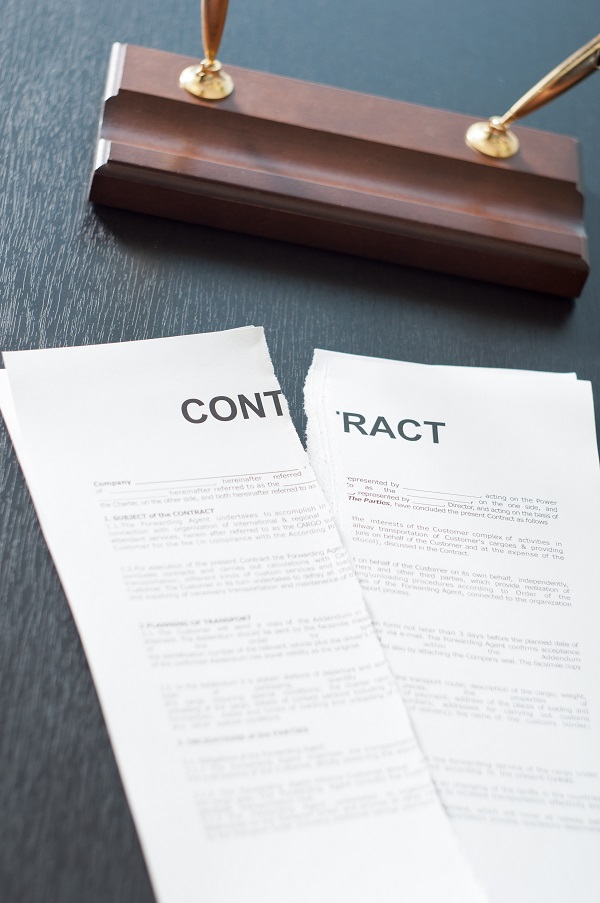
Upon the breach of a contract, or failure of one party to fulfill its terms under the contract, the non-defaulting party is entitled to a remedy under the law. The innocent party may desire that the contract’s terms be carried out as anticipated or may prefer monetary recovery for the harm that resulted from the breach. There are several main categories of relief that a non-defaulting party is entitled to, as described below.
Damages. Damages are the most common remedy when a contract is breached. Damages refer to some form of monetary compensation. Typically, a defaulting party is required to pay damages that are intended to put the innocent party in the position he would have been in had the breach not occurred. These are referred to as compensatory damages. When a breach occurs, but the party cannot establish a monetary amount that would allow him to be on the same footing as he was prior to the breach, the court may award nominal damages. In contrast, punitive damages are awarded when the defaulting party has engaged in an act that was particularly egregious. These amounts exceed the amounts allotted for compensatory damages, but are rarely awarded in commercial contract situations. Finally, in some cases, the parties include in their contract a reasonable estimate of damages to be allotted upon the event of a specific breach. These liquidated damages are subsequently paid in the event of a breach as stipulated in the contract.
Specific performance. In certain cases, monetary damages may not be sufficient to compensate the party who suffered the breach. When a court awards specific performance of the contract, it is requiring that the parties carry out the contract in accordance with its terms. Specific performance is used as a remedy when the subject of the contract is unique and cannot be similarly compensated through traditional remedies. Most commonly, in the event of a breach of a purchase agreement for real estate, the non-defaulting party may request specific performance.
Restitution. The remedy of restitution allows the innocent party to be placed in the position it was prior to the breach. Restitution is awarded based on what the defendant has gained unlawfully from the plaintiff.
Contact Shane Coons at 949-333-0900 or visit his website at www.ShaneCoonsLaw.com to find out more about his practice.
